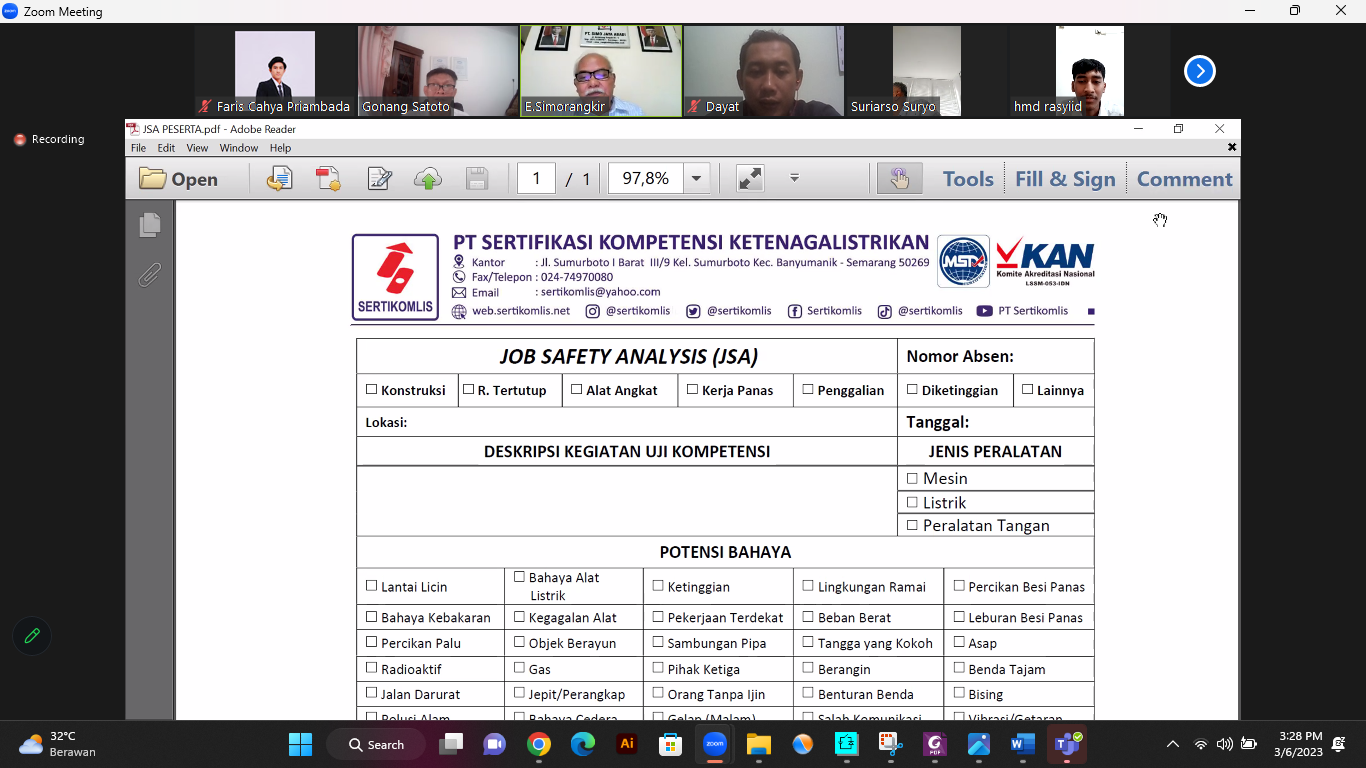
Electrical Power Certification for Technical Personnel in the Industrial Electrical Engineering Study Program.
The electrical certification conducted by several educational personnel from the Industrial Electrical Engineering study program aims to demonstrate that they have fulfilled certain requirements in the field of electrical power. The certification process lasts for three days starting from March 10th, 2023. The occupational position taken is “Mid-level Operator of Low Voltage Electrical Power Utilization”.
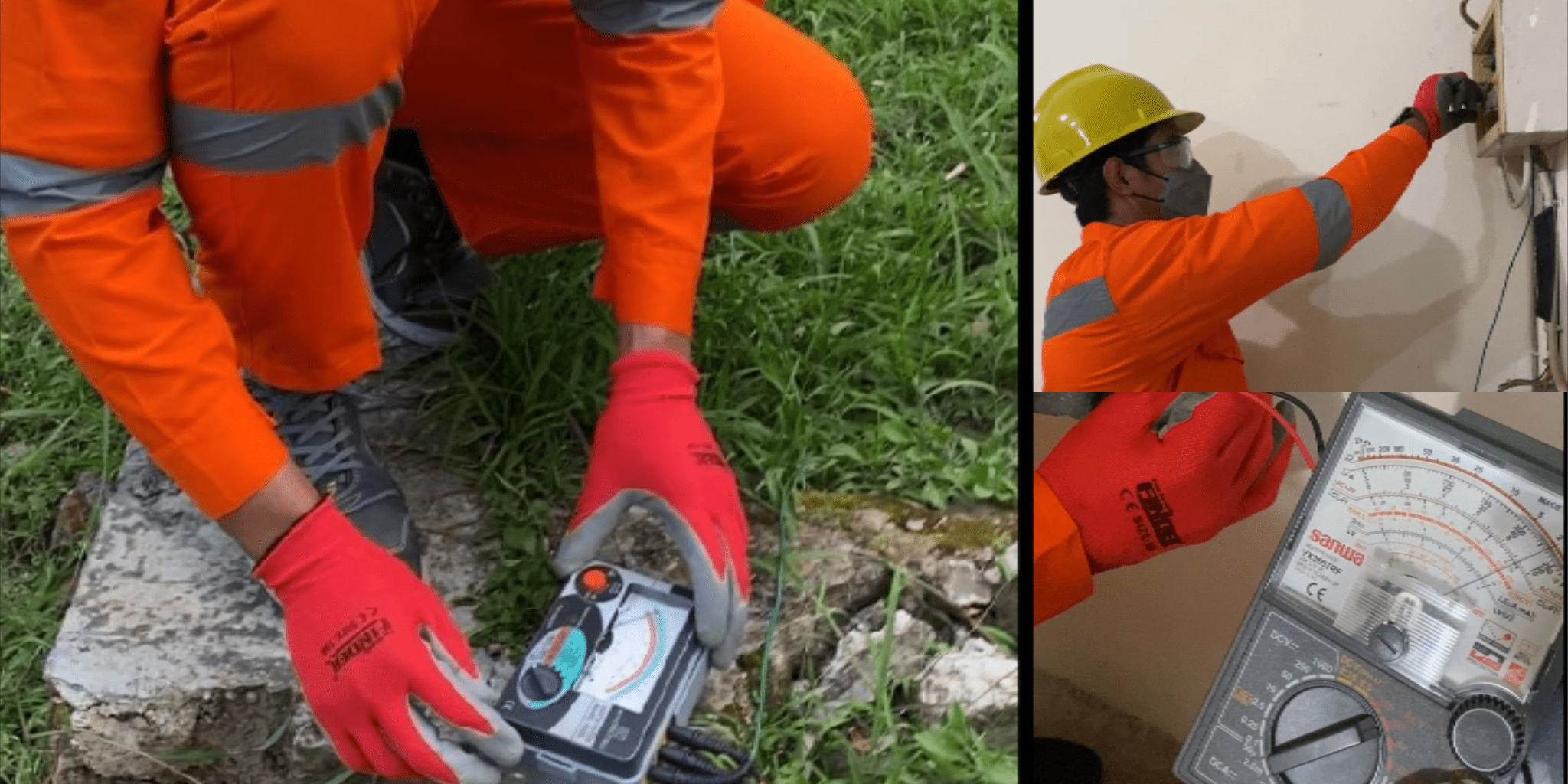
The electrical certification that is being carried out includes basic knowledge and skills in the field of electricity, including installation, maintenance, and repair of electrical equipment. In addition, this certification can also cover an understanding of regulations and safety standards related to work in the field of electrical power.

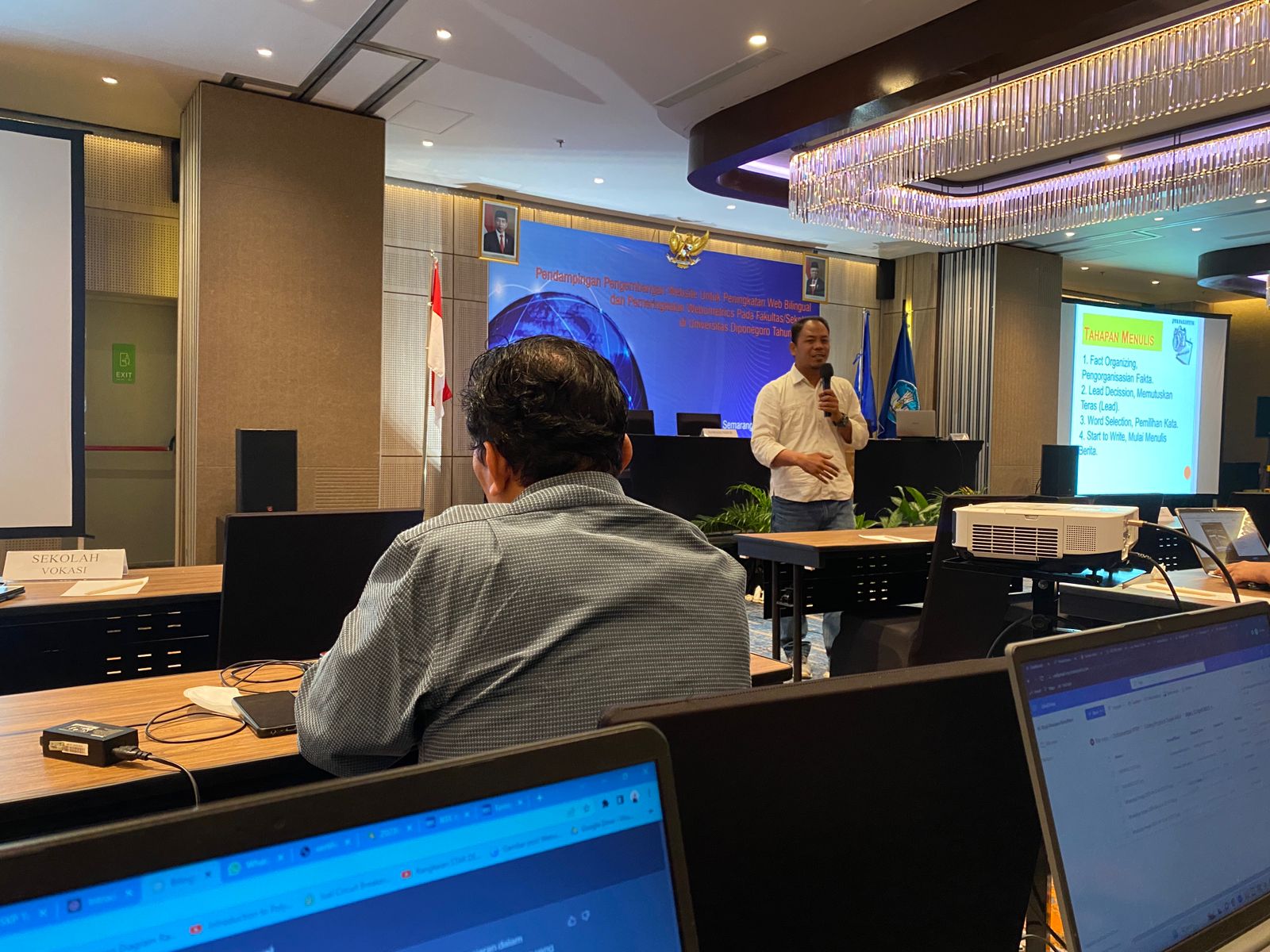
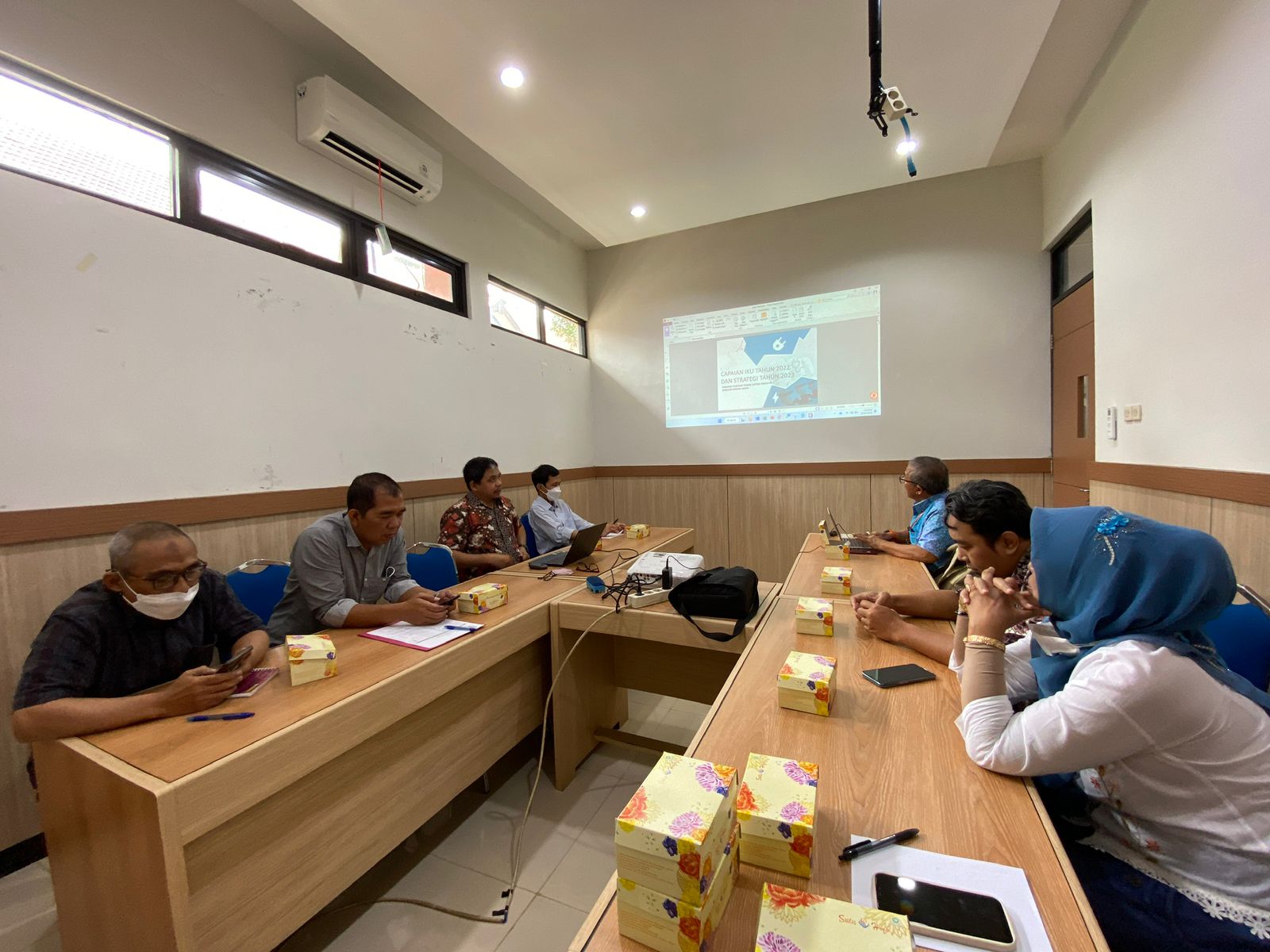
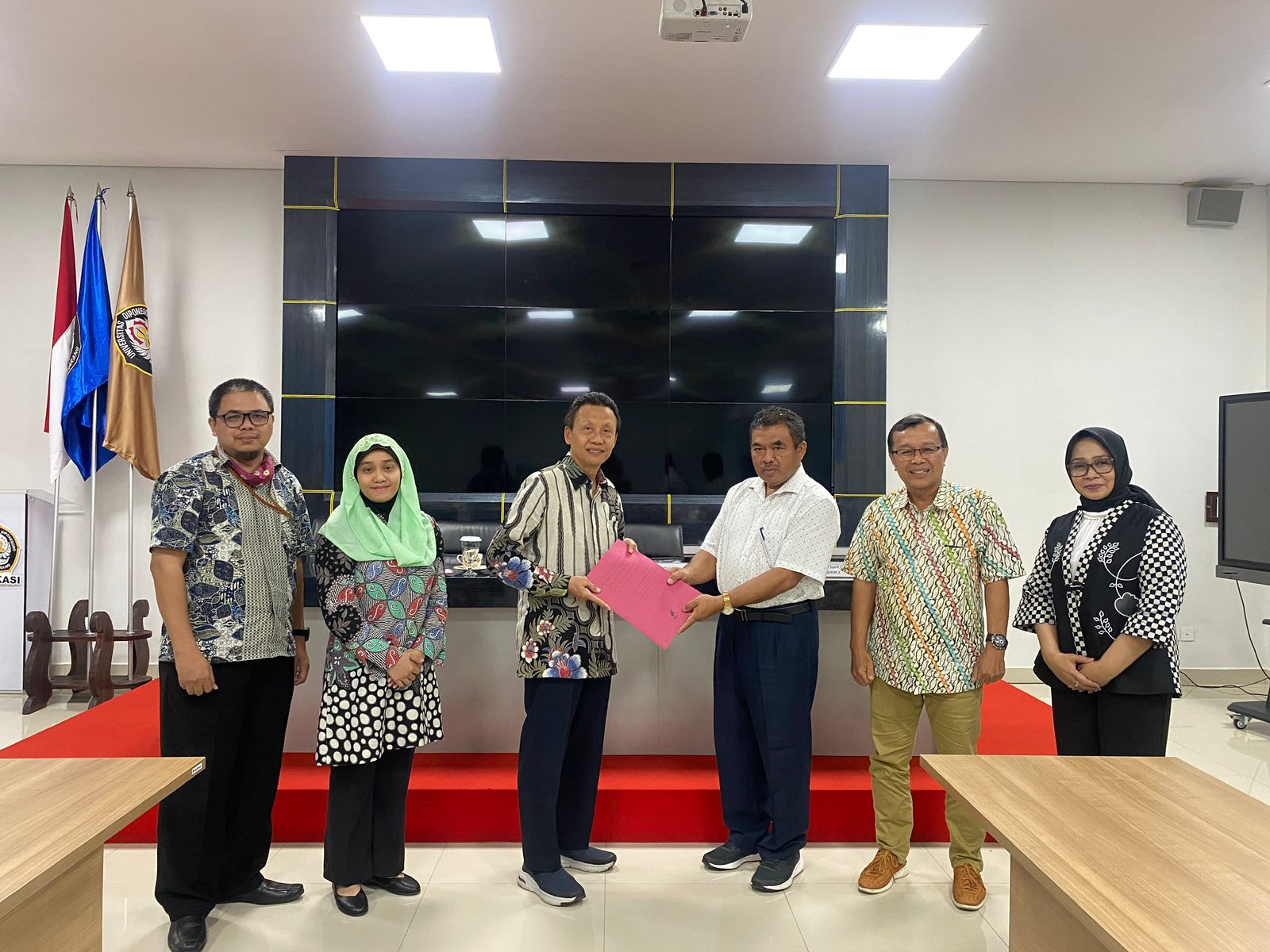
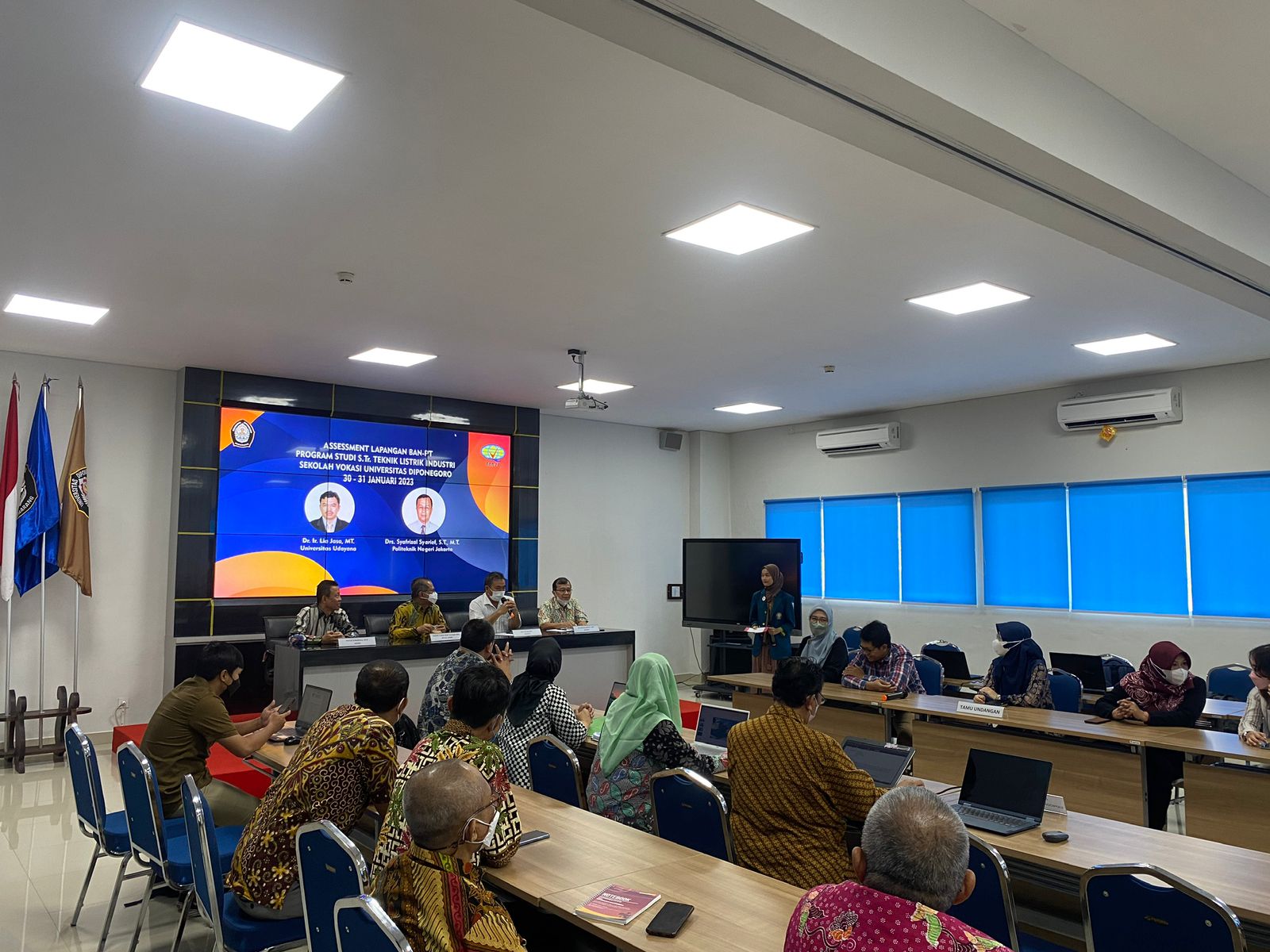

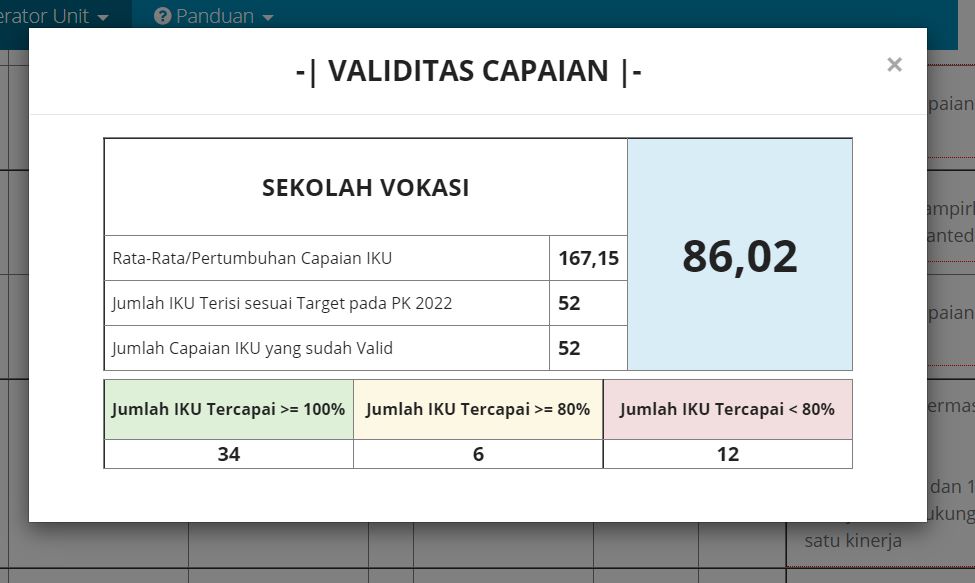
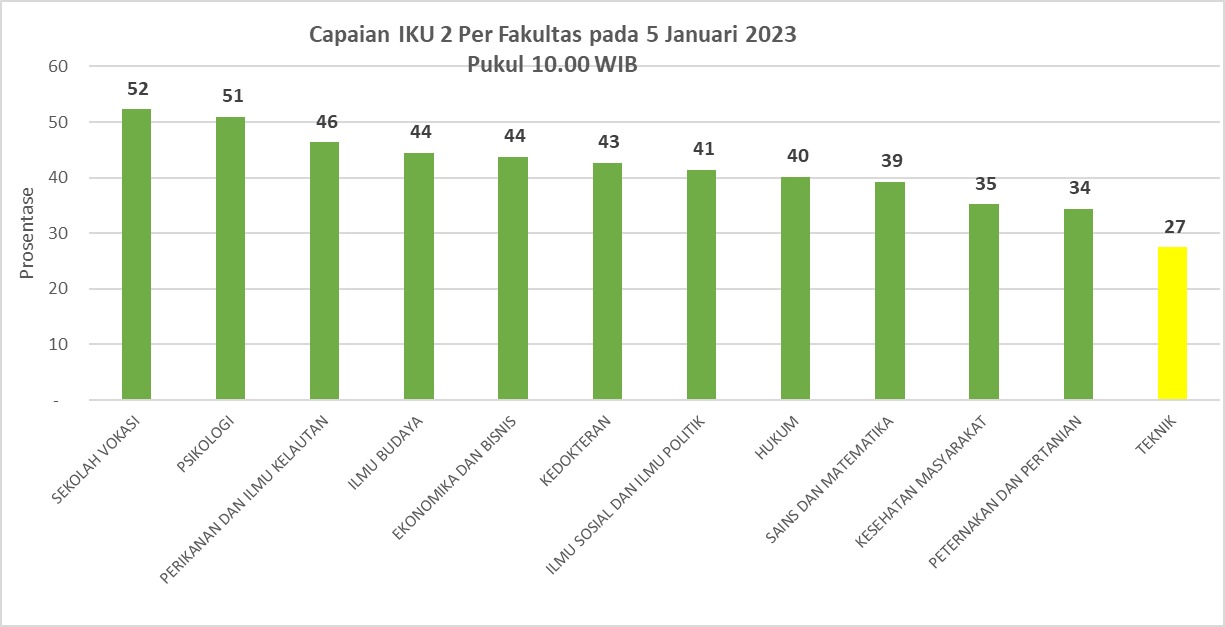
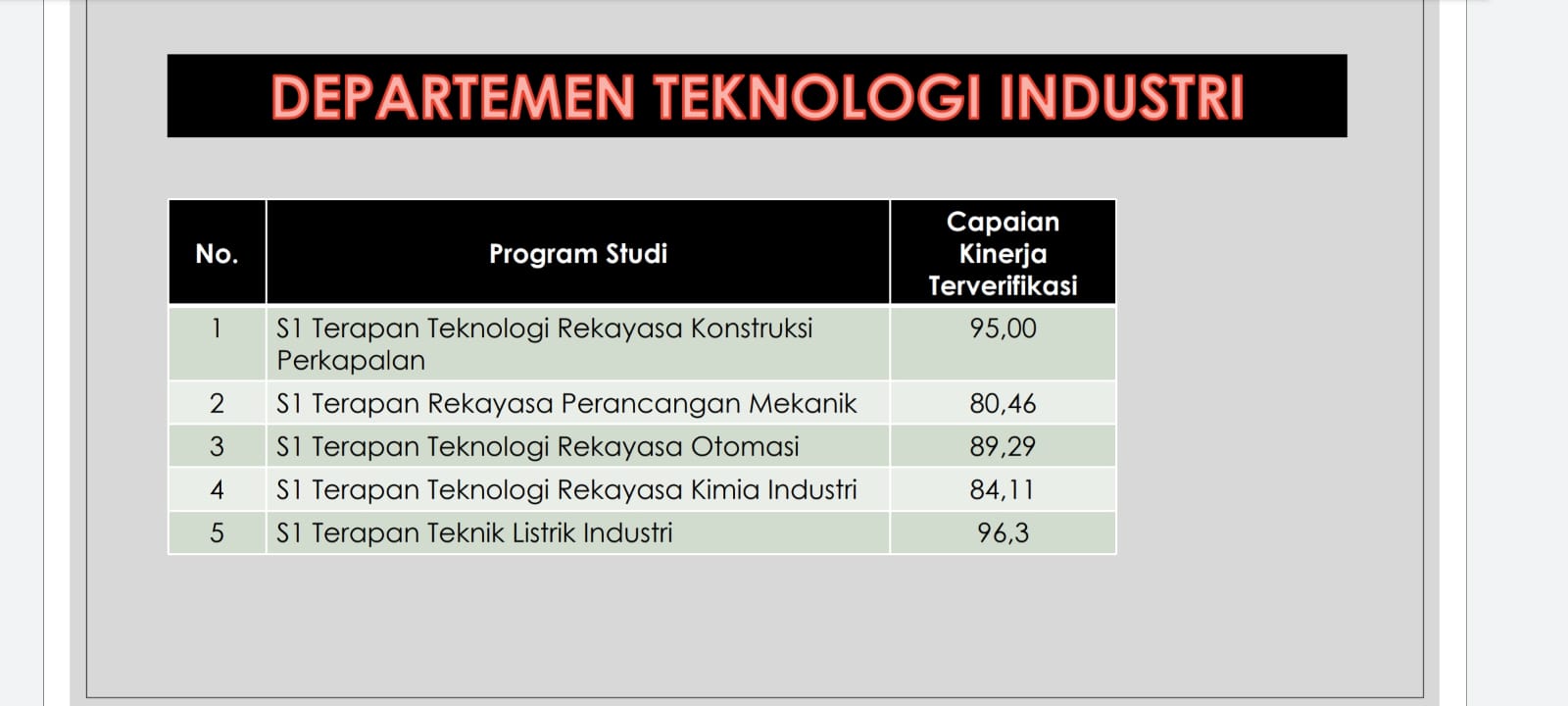
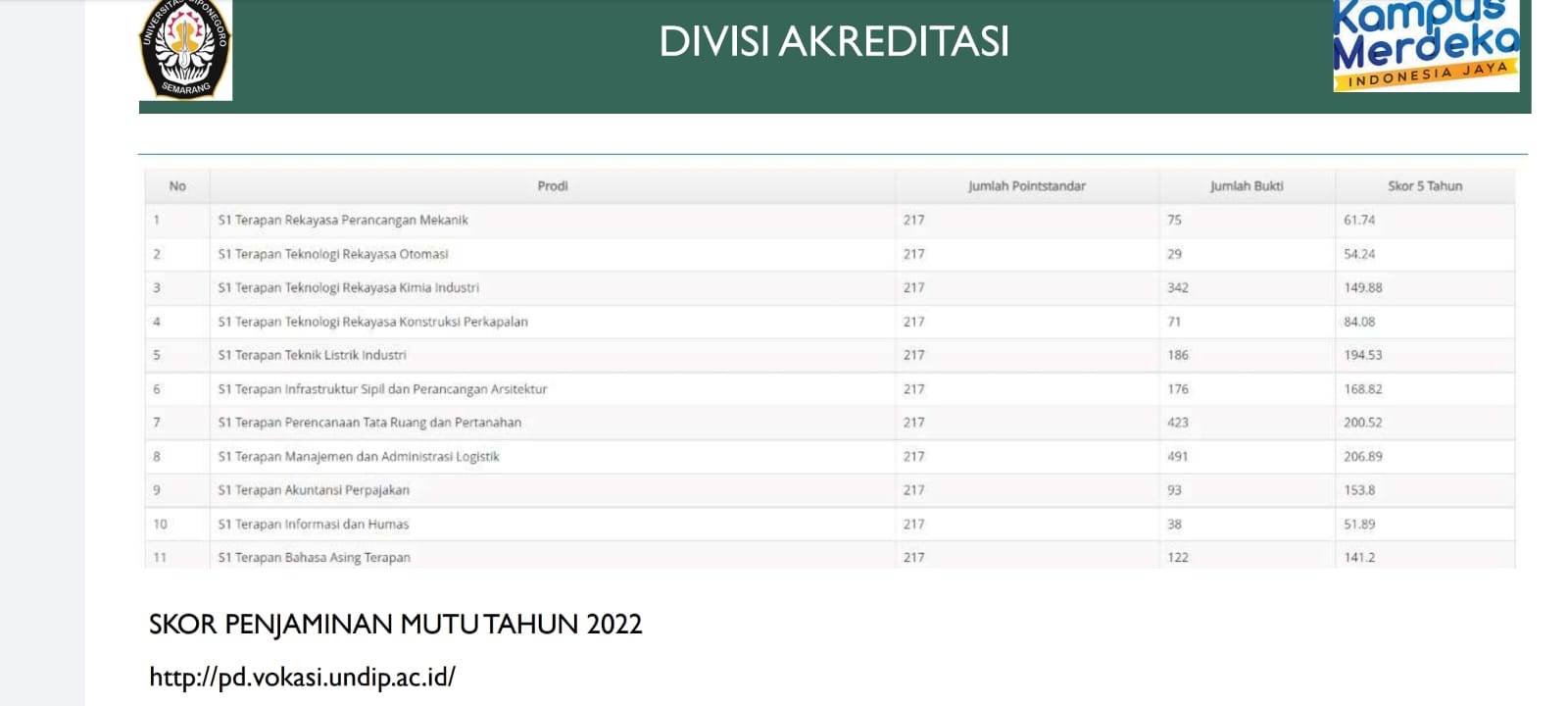
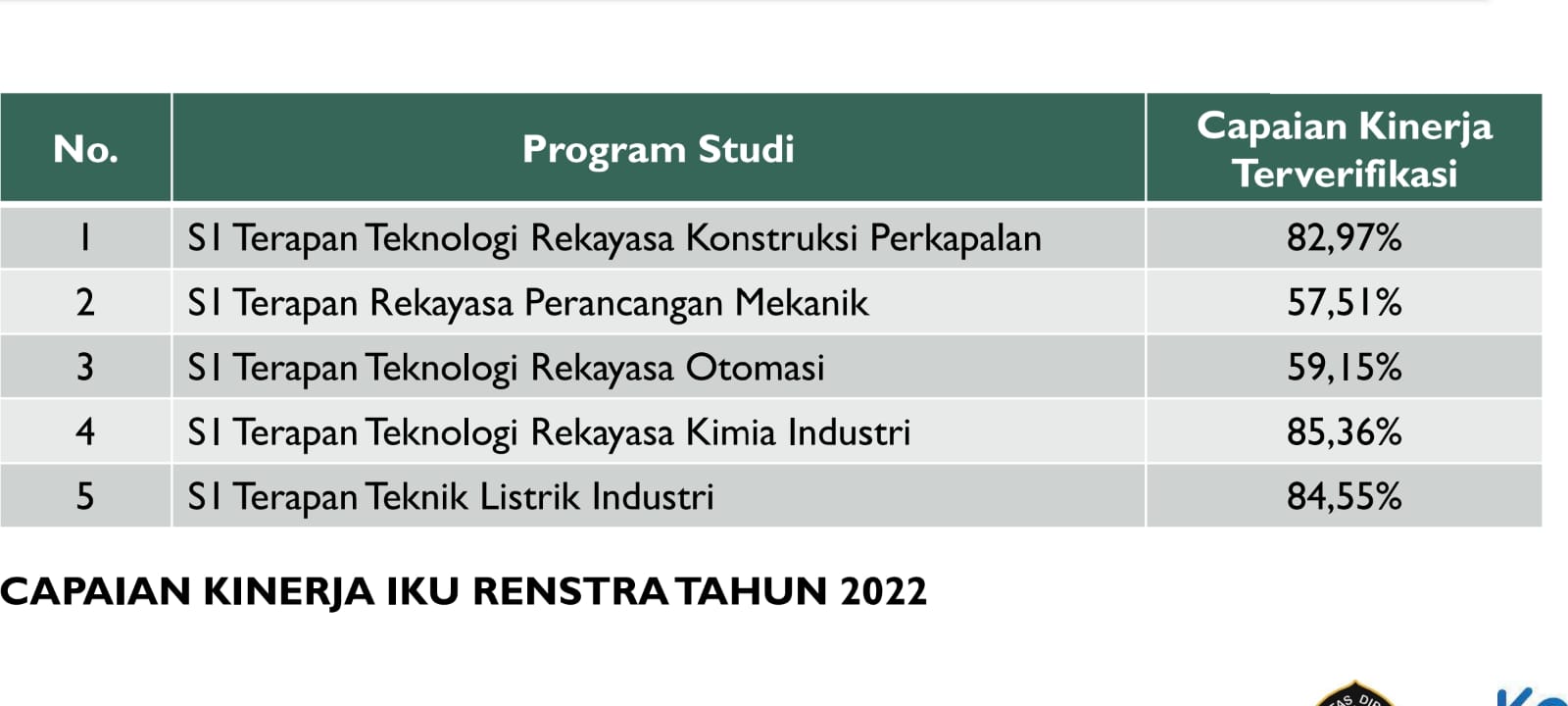
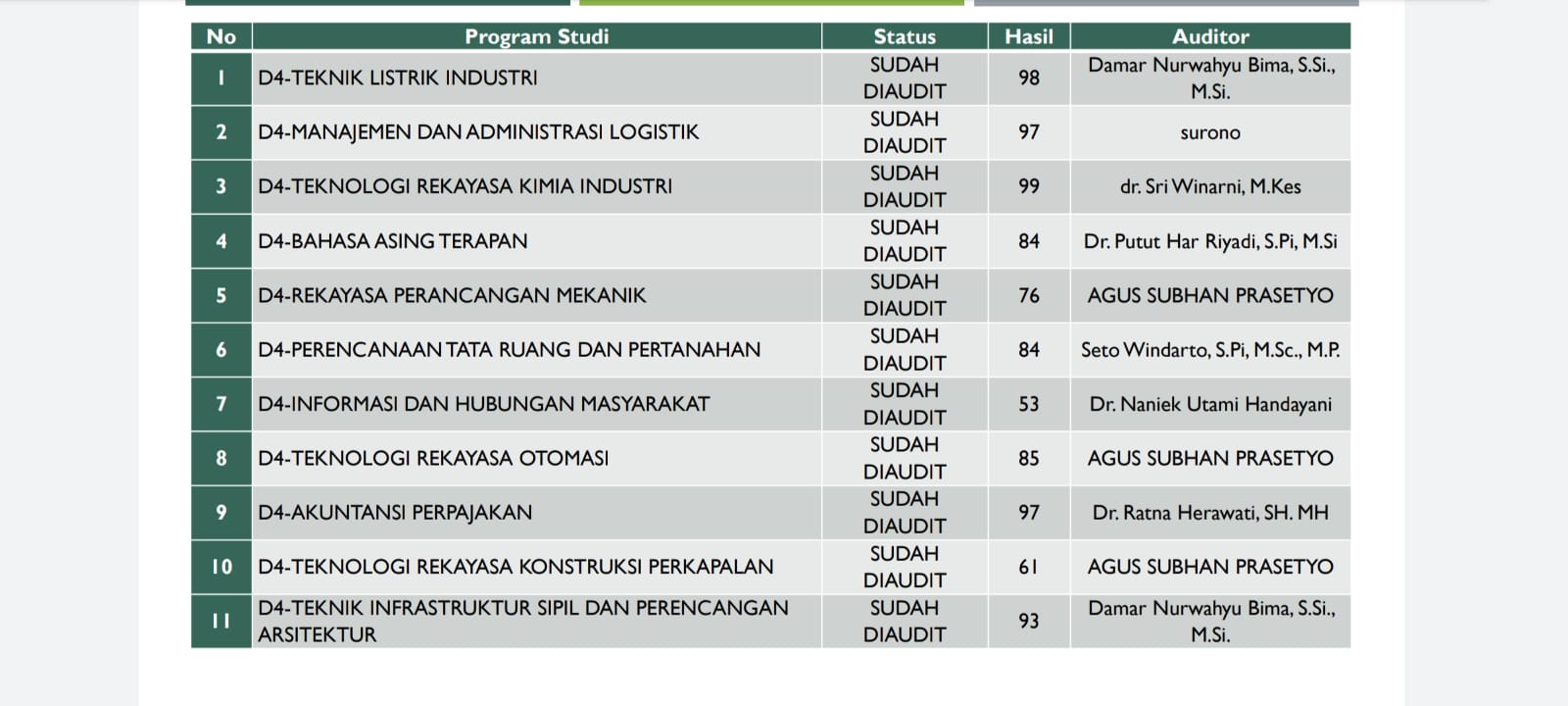
Recent Comments